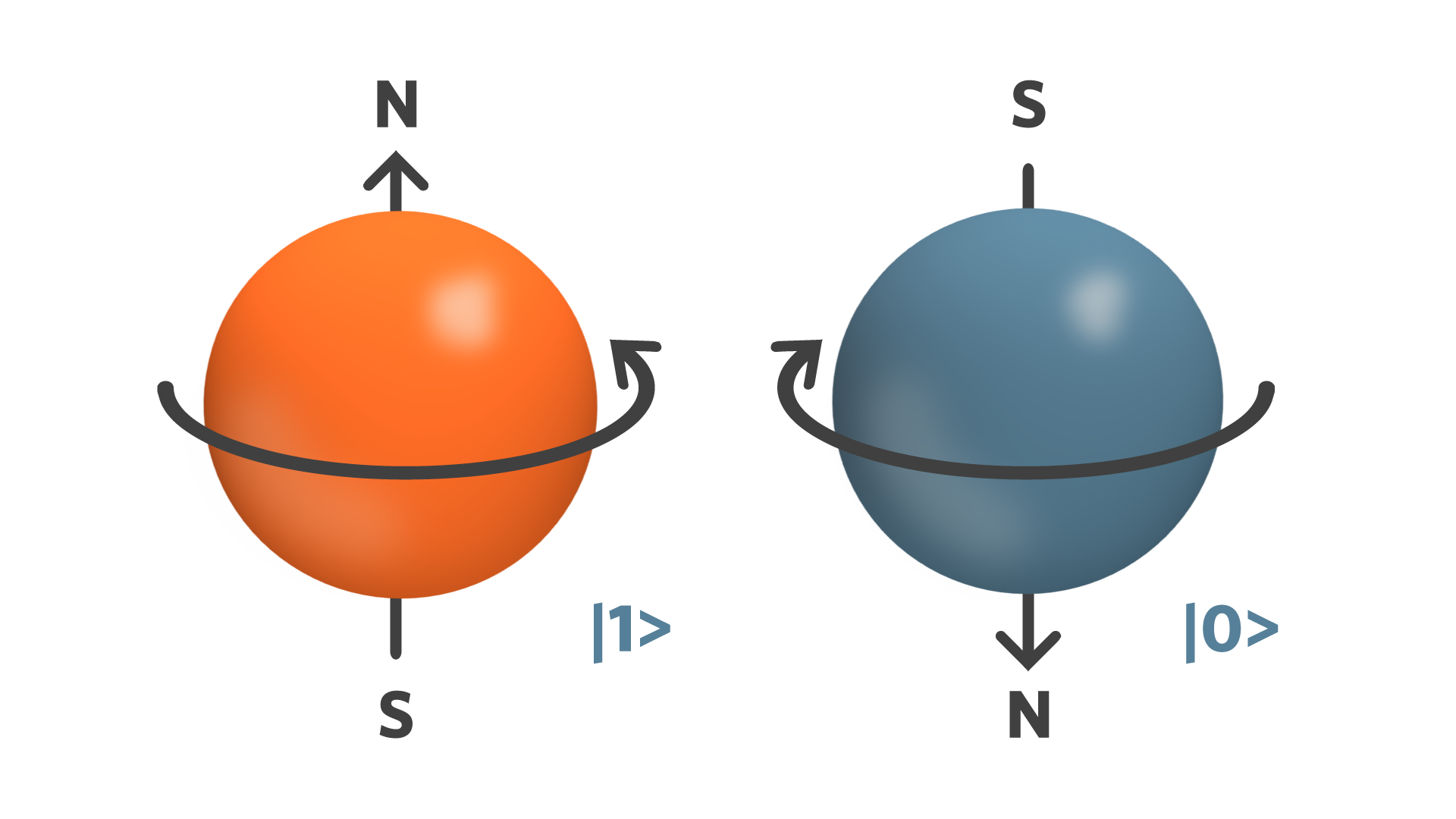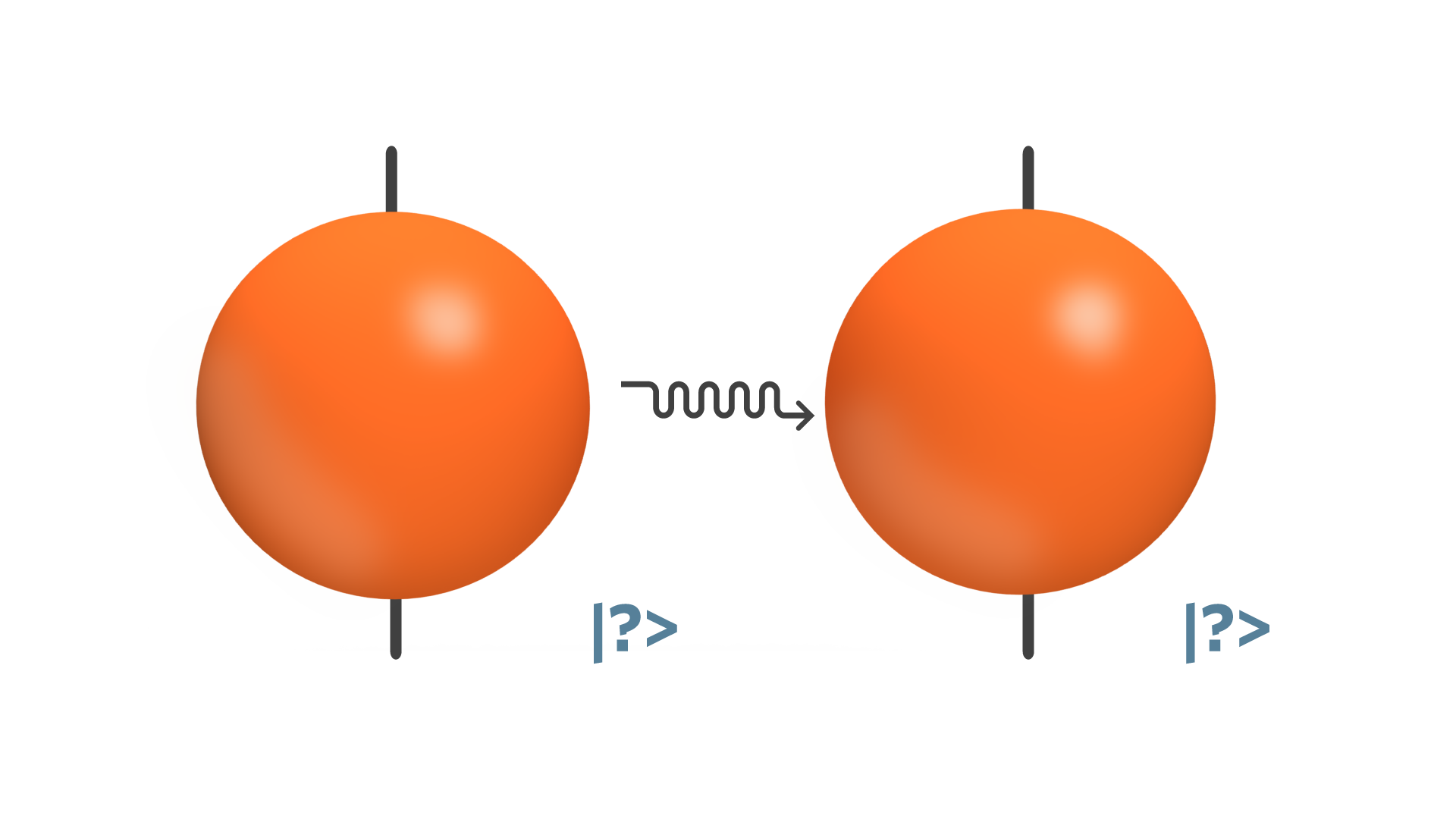Have a question? Connect with an Argano expert!
A subject matter expert will reach out to you within 24 hours.
Quantum computing is set to revolutionize data processing and integration. Focusing on developing technologies based on the principles of quantum theory, quantum computing leverages quantum physics to solve challenges too complex for classical computing.
With its ability to perform complex calculations at an unprecedented speed, quantum computing will enable businesses to process massive amounts of data in real time. In the coming years, quantum computing is expected to play a vital role in optimizing data integration processes, enhancing data analysis capabilities, and unlocking new insights and capabilities. In this article, we look at the key concepts and developments in quantum computing.
The three fundamentals of quantum computing — superposition, qubits, and entanglement — are the building blocks of understanding how quantum algorithms work:


Quantum computing uses both of these principles — superposition and entanglement. It has the potential to solve certain types of problems much faster than classical computers. This statement is particularly true for complex simulations, optimization, cryptography, and searching large databases.
 Extensive cloud services provide access to quantum computers. Google provides a Quantum AI service, Microsoft has a Quantum Development Kit, Amazon has its AWS Braket service, and IBM offers its Quantum Experience.
Extensive cloud services provide access to quantum computers. Google provides a Quantum AI service, Microsoft has a Quantum Development Kit, Amazon has its AWS Braket service, and IBM offers its Quantum Experience.
These services are based on hardware offered by several vendors, such as D-Wave (2000Q), IonQ, Google Bristlecone, and Sycamore and Xanadu (photonic). Many more are being developed for introduction in the next couple of years.
The number of qubits matters, as it defines the size and complexity of the challenges that can be solved. Google Sycamore has 53 qubits. IBM plans to expand System One to 128 qubits or more.
Quantum computing has the potential to become a significant game changer, but its unique challenges may stifle mainstream adoption for some time. Today, quantum computing is in its infancy, and there are still many issues that need to be solved, including:
Despite the challenges, quantum computing could have a significant impact in many rapidly evolving sectors, including:
Significant funds continue to be invested in developing new quantum computers and improving basic technology. Within the next couple of years, expect to see devices with significantly higher numbers of qubits, improved error correction, expanded cloud offerings, quantum networking, and the development of policies and standards by governments and other international organizations.
Argano’s solution experts are closely following the developments in quantum computing and are eager to explore ways of applying new and exciting capabilities that bring value to clients. As quantum computing matures and accelerates, there will be great opportunities for process optimization, deeper insights, and greater efficiencies.
A subject matter expert will reach out to you within 24 hours.